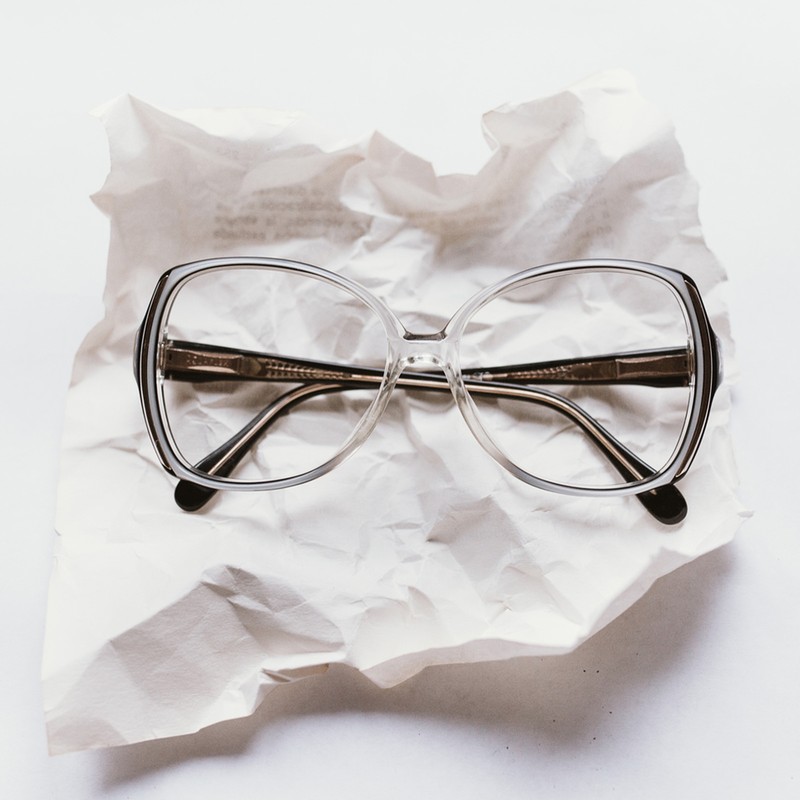
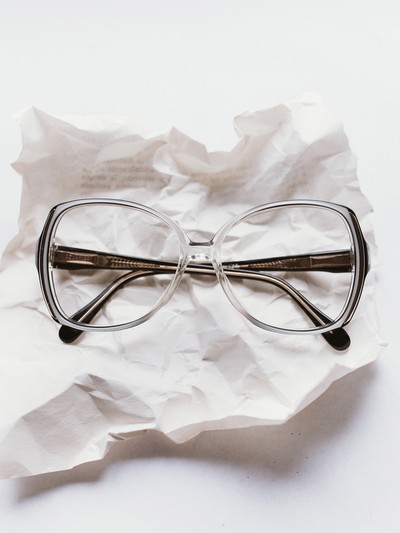
The Best Ways To Treat Dry Eyes
What exactly is dry eye syndrome?
“Dry eye syndrome happens when the eyes don’t make enough tears, or the tears dry too quickly, depriving the eyes of essential moisture and hydration. Eyes that lack moisture dry out and become red, swollen and irritated. Eyes can look more red or more watery (as the constituents of the tears change), and you may notice crusting along the eyelid margins. Symptoms tend to affect both eyes, and you may also experience a gritty, burning or foreign body sensation. Some people may also notice stringy mucus or discharge from the eyes. The majority of dry eye syndrome comes down to the fact that tears are evaporating too quickly.” – Dr Clare O’Donnell, optometrist & head of research at Optegra
What are the main causes of dry eyes?
“For people over the age of 50, especially women, dry eyes are very common. This is largely due to the hormonal changes that occur during this stage in life. During the menopause, the body produces less oestrogen, progesterone and androgens. Declining levels of androgens affect the glands in the eyelids that are responsible for producing the oils for our tears, so it’s easy to understand how fewer hormones in the body could result in increased tear evaporation and drier eyes. This is compounded by the fact that our glands naturally reduce fewer tears as we age regardless, affecting the eyes’ ability to maintain moisture.” – Dr Elizabeth Hawkes, ophthalmic & oculoplastic surgeon
What about lifestyle factors?
“The role of hormones in dry eyes is complex. In fact, some studies have shown oestrogen replacement with HRT can make dry eyes worse. Postmenopausal women are also at an increased risk of type-2 diabetes, as hormonal changes increase insulin resistance; type-2 diabetes can shrink glands in the eye, leading to reduced corneal sensitivity and a reduced blinking reflex. At the same time, your risk of dry eyes is also increased if you regularly use antihistamines, beta blockers or antidepressants, or if you have a thyroid condition or rheumatoid arthritis, both of which also happen to be more common in women than men. Current and past smoking also increases the risk of dry eyes compared to non-smokers, as does having had previous laser eye surgery.” – Dr Deborah Lee, GP at Dr Fox Online Pharmacy
Can dry eyes be a sign of something more serious?
“Quite possibly, and prevention is always better than cure, which is why you should never ignore problems with your eyes and seek advice from a GP or optician. If you ignore eye strain or dry eyes, it can lead to longer-term problems, such as changes in eyesight or other eye conditions. If severe dry eyes aren’t treated, there is a chance it can damage your cornea, the clear, outer layer of the front of the eye. Dry eyes can also be a sign of rheumatoid arthritis, lupus, a thyroid disorder or vitamin A deficiency, so it’s important to get medical advice if you are suffering.” – Dr Hakwes
Here, the experts share their top tips for soothing dry eyes…
Think About Hormones
“The use of HRT is linked to numerous health benefits – relief from hot flushes and night sweats as well as improved cardiovascular, cholesterol and bone health, to name a few. Research shows oestrogen-containing HRT can worsen dry eyes (either taken alone or with progesterone) and seems to have a more pronounced effect at higher doses. It may not be in your best interests to stop HRT just because of dry eyes but adding in a testosterone replacement is an alternative. You could also try testosterone eye drops.” – Dr Lee
Don’t Sleep In Contact Lenses
“The proximity of contact lenses to the eye restricts oxygen availability for the cells of the cornea, which further inhibits natural tear production. Soft lenses also absorb moisture from the eye, which can worsen the problem. If you suffer with dry eyes, avoid sleeping in lenses and always leave your contact lenses out for a few hours every evening to give your eyes a break.” – Dr Lee
Soothe With A Warm Compress
“The heat from a compress will open up your glands and encourage the production of oil, which increases the flow of oil onto the front of the eye. Use a clean flannel soaked in boiling water and then wring it out so it’s damp, not soaking wet, and rest on your eyes for ten minutes. You can also gently massage the top and bottom eyelids with your fingers. The Optase moist heat mask is also great – you can warm it in the microwave.” – Dr Lee
Use The Right Eye Drops
“The preservatives used in many eye drops can irritate the delicate eye area, so always use a brand that is free from preservatives. Always use them as directed – don’t apply them more frequently than you need to but do use them regularly. Some eye drops mimic the consistency of tears, while others are gels or ointments that are oil-based and have a better lubricant action. Experiment using drops during the day and a gel or ointment overnight.” – Dr Lee
Look To Vitamins
“Vitamin A is essential for maintaining your eyes’ light-sensing cells, also known as photoreceptors. If you don’t eat enough vitamin A, you may experience dry eyes. You can find vitamin A in eggs and dairy products as well as in kale, spinach and carrots. Vitamin C will also support the blood vessels in your eyes – red peppers are a fantastic source. I also recommend seeds and nuts, which are full of vitamin E to slow age-related macular degeneration.” – Dr Hawkes
Invest In A Humidifier
“A humidifier can keep the air in your home moist – set it to around 45% for the best results. This is a particularly good idea in the winter months, when indoor heating can exacerbate dry eyes. Keep rooms dust and allergen-free, too.” – Dr Lee
Consider Acupuncture
“Evidence has shown acupuncture can stimulate tear production and provide relief to dry eyes. If you are into alternative therapies, it could be worth a try.” – Dr Lee
Eat More Oily Fish
“Studies show a high intake of omega-3 fatty acids is protective against dry eyes. Research shows those who had five to six servings of omega-3 per week were 68% less likely to get dry eyes than those who ate one or fewer portions per week. Unfortunately, omega-3 supplements haven’t shown the same results, so it’s best to get the nutrient via your diet.” – Dr Lee
Load Up On Antioxidants
“Antioxidants – especially lutein and zeaxanthin – are pigments found in plants and are also concentrated at the back of the retina. Egg yolks and colourful vegetables are rich sources – in particular sweetcorn, kiwi and red grapes. Taking an additional supplement is also a good idea.” – Dr Lee
Optimise Your Desk Set-Up
“To minimise strain on your eyes, make sure your computer is around one arm’s length away from you and at the correct height, so your eyes are level with or just looking down at the screen. Avoid sitting at the computer for long periods and follow the 20:20:20 rule, which means looking away from the computer every 20 minutes for 20 seconds and focusing on something 20 feet away. It can also help to reduce the screen’s brightness and to use an anti-glare filter on the screen.” – Dr Lee
Speak To Your Optician
“If you’re at all in doubt or are worried about your eyes, always speak to either your optician or GP. In severe cases, ‘plugs’ can be applied to block up the tear ducts, which can help preserve your tears to relieve dry eyes – this procedure is known as punctal occlusion. Your optician may also mention a specialist treatment called LiPi flow system, when a small cup is inserted under the eyelids and heated. Pressure is applied, removed and reapplied for a total of 12 minutes per treatment, to stimulate your eye glands. It’s sometimes available on the NHS, so is worth asking about.” – Dr Lee
For more from the experts visit Optegra.com, DrElizabethHawkes.com and DoctorFox.co.uk
Shop The Products That Help Relieve Dry Eyes
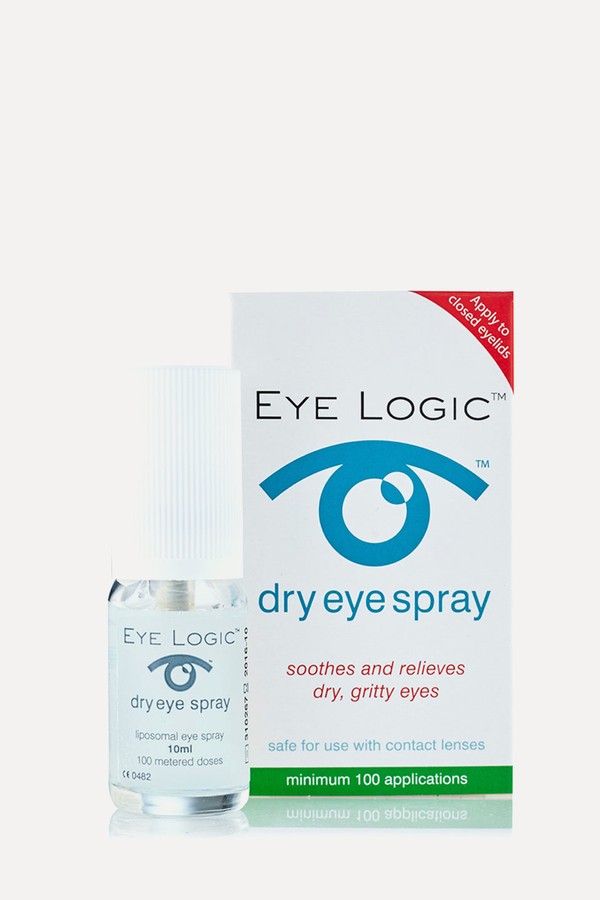
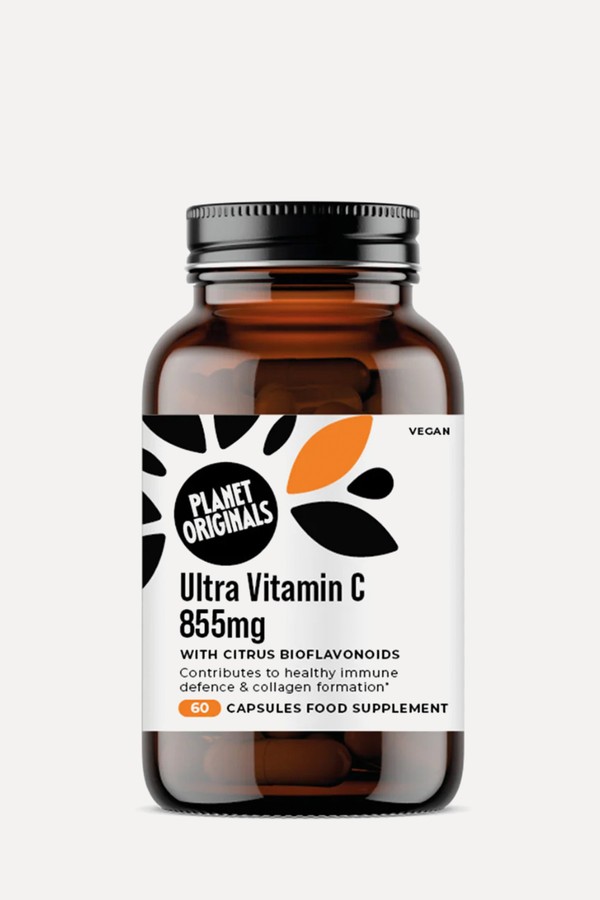
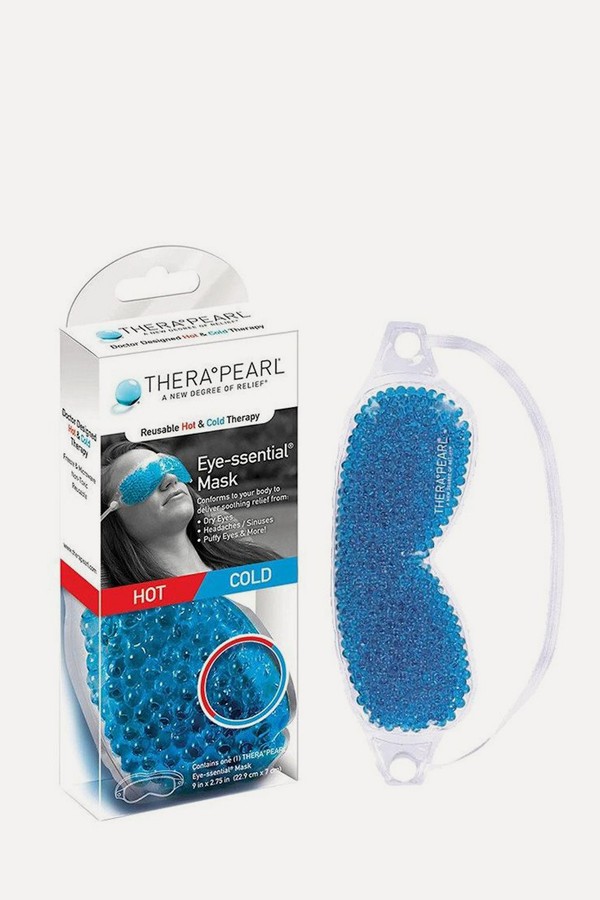
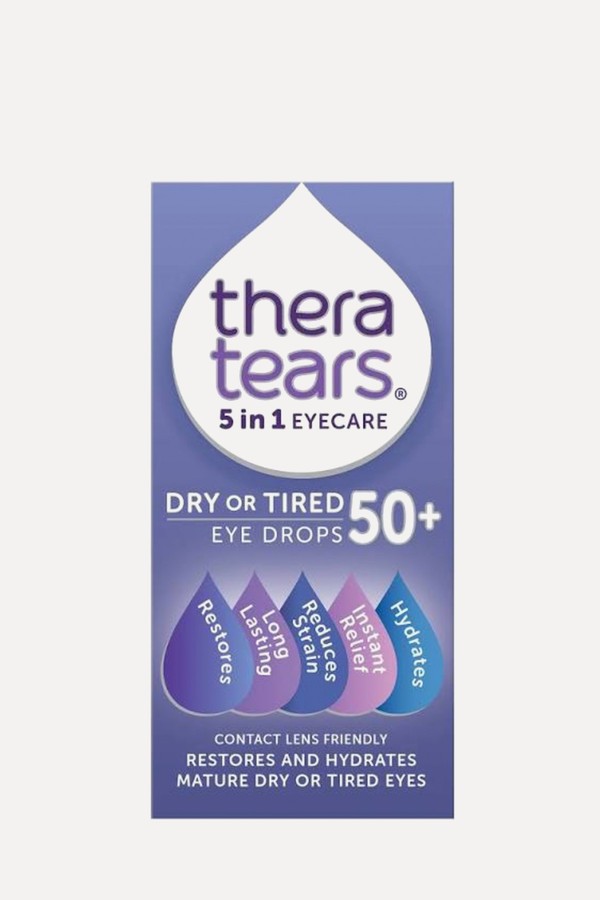
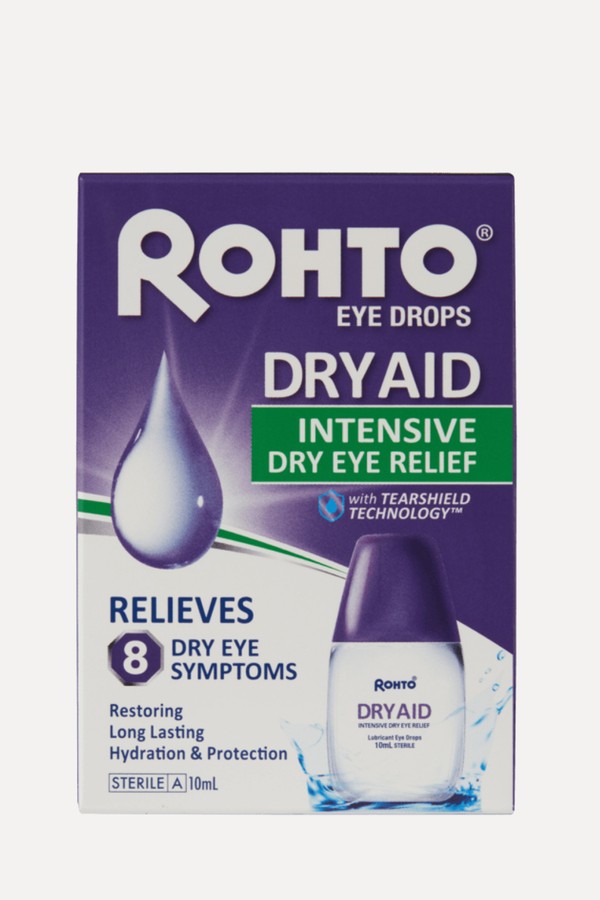
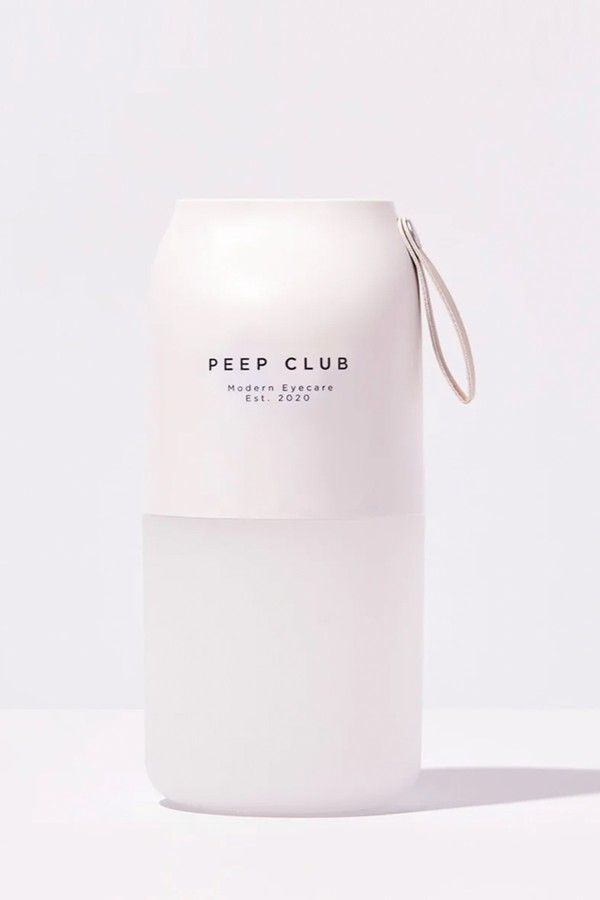
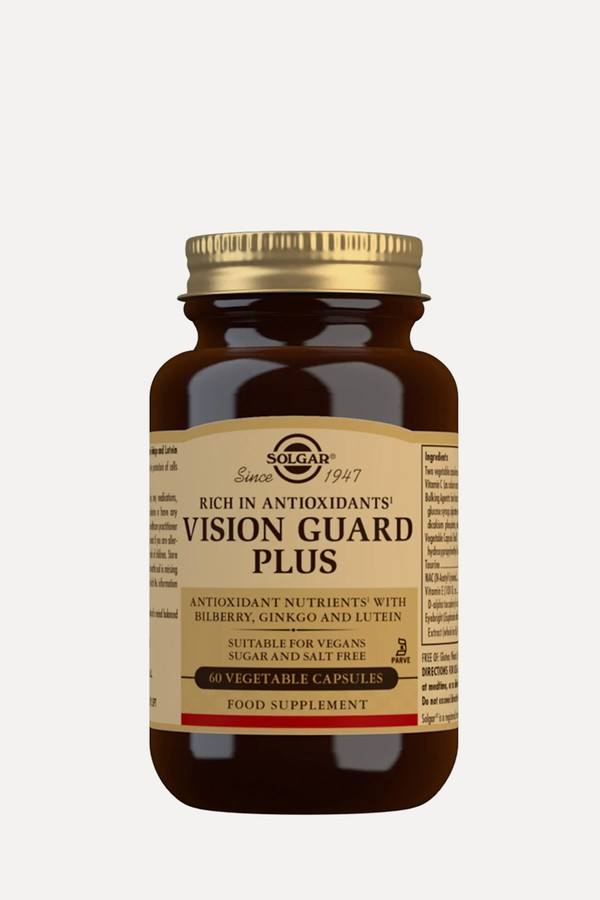
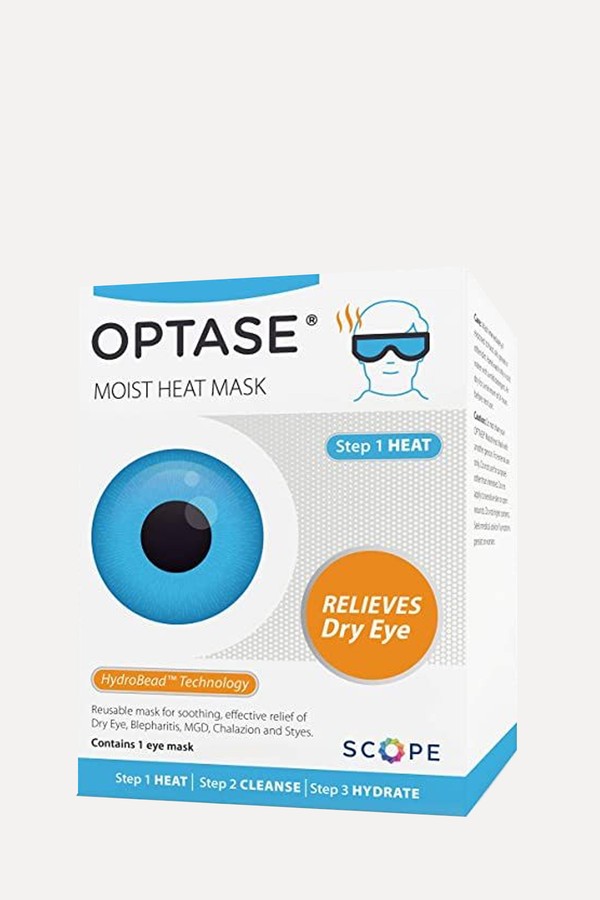
DISCLAIMER: Features published by SheerLuxe are not intended to treat, diagnose, cure or prevent any disease. Always seek the advice of your GP or another qualified healthcare provider for any questions you have regarding a medical condition, and before undertaking any diet, exercise or other health-related programme.
DISCLAIMER: We endeavour to always credit the correct original source of every image we use. If you think a credit may be incorrect, please contact us at info@sheerluxe.com.

